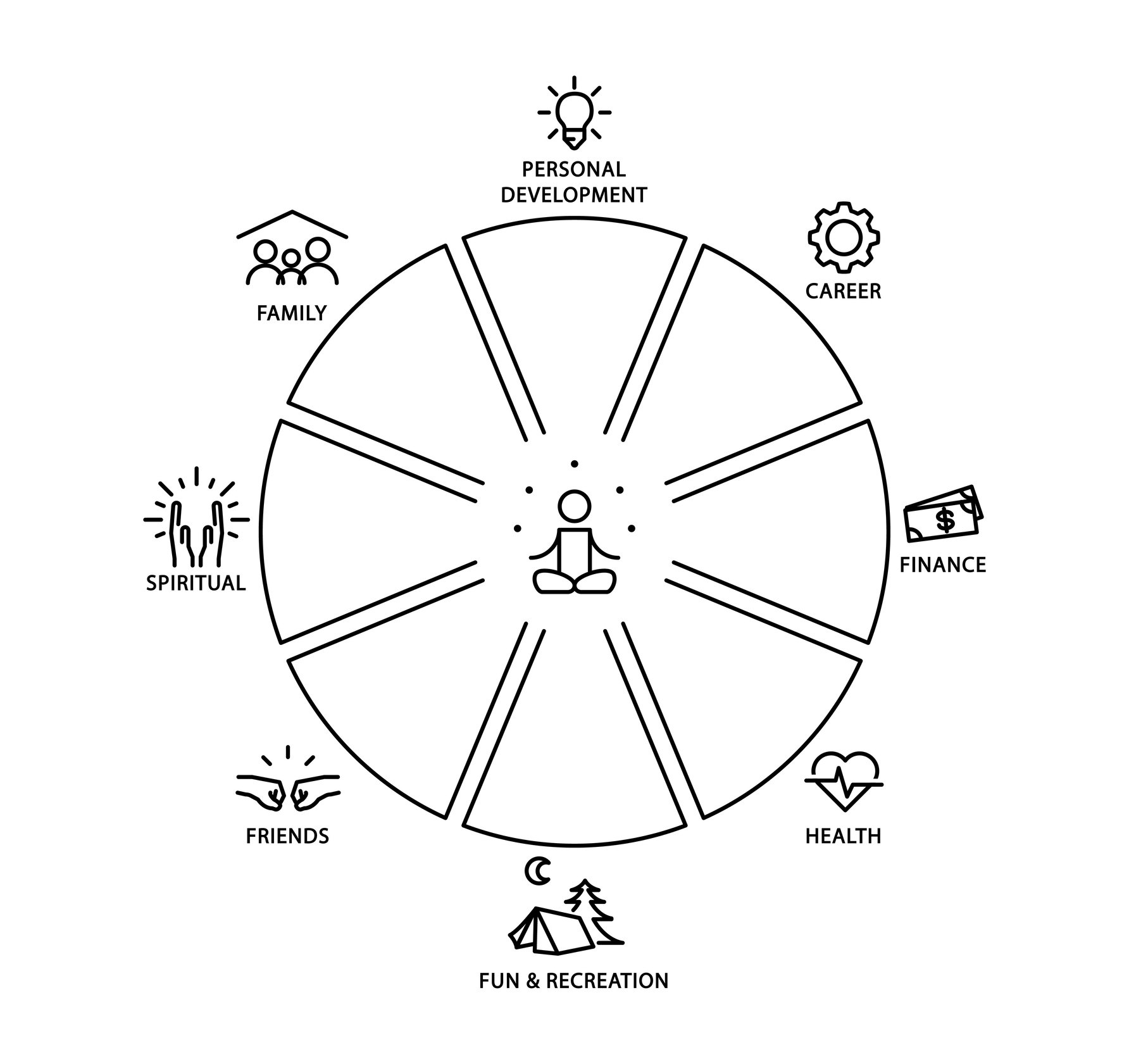You have /5 articles left.
Sign up for a free account or log in.

A Wellness Wheel demonstrates the different dimensions of wellness that impact a person's well-being.
Ashley Mowreader/Inside Higher Ed
Addressing students’ mental health challenges and promoting healthy lifestyles on campus can seem daunting to faculty and staff members.
One asset James Geisler, executive director of counseling and student wellness at Sacred Heart University in Connecticut, uses to support students is a Wellness Wheel.
A therapeutic tool, the visual demonstrates the multiple dimensions of wellness that contribute to a person’s health, like financial or environmental wellness.
Geisler offers three suggestions for how a Wellness Wheel in the classroom or the office can promote student success and well-being.

grafikazpazurem / iStock / Getty Images Plus
- Remind students their mental health is a piece of the puzzle. For an individual struggling with anxiety or depression, it can be hard to put mental health in a larger scope of life and wellness. A visual like the Wellness Wheel can remind students to picture how all parts of their lifestyle can contribute to a betterment of self.
- Get specific with improvement areas. The Wellness Wheel provides slivers of a person’s life, highlighting how interconnected health is, but it also provides opportunity to identify what, specifically, needs improvement. “When we are struggling in one or more areas, it is important to reflect on what factors need to change to obtain fulfillment in that area,” Geisler says.
- Inspire recollection of what has worked before. Prior to arriving at college, students had to lean on their wellness techniques to keep them healthy and motivated. Having conversations with students about what resources or tricks inspired well-being when they weren’t in college can help them find their center without “reinventing the wheel,” Geisler says.
Do you have a health or wellness success tip that might help others encourage student success? Tell us about it.




